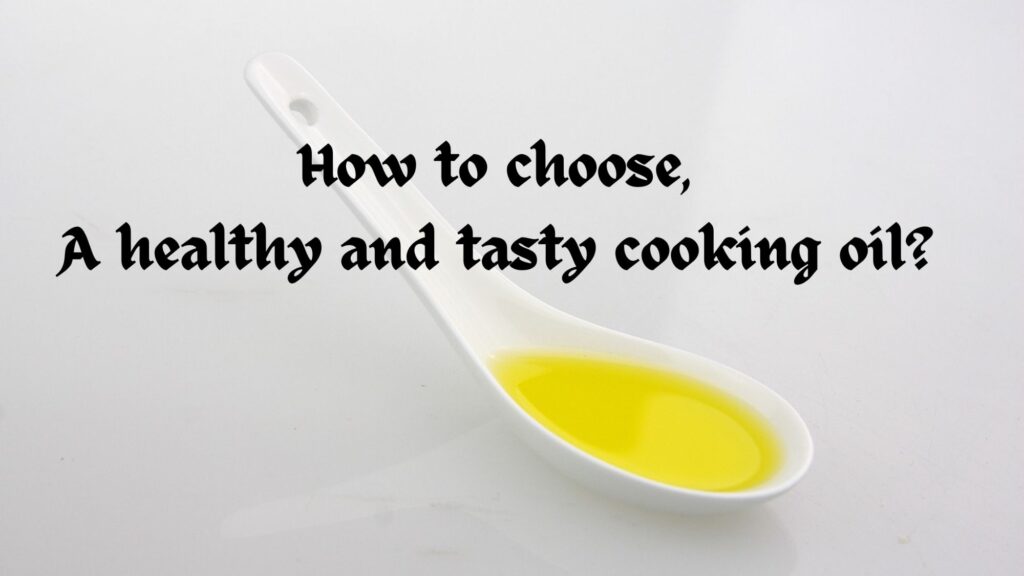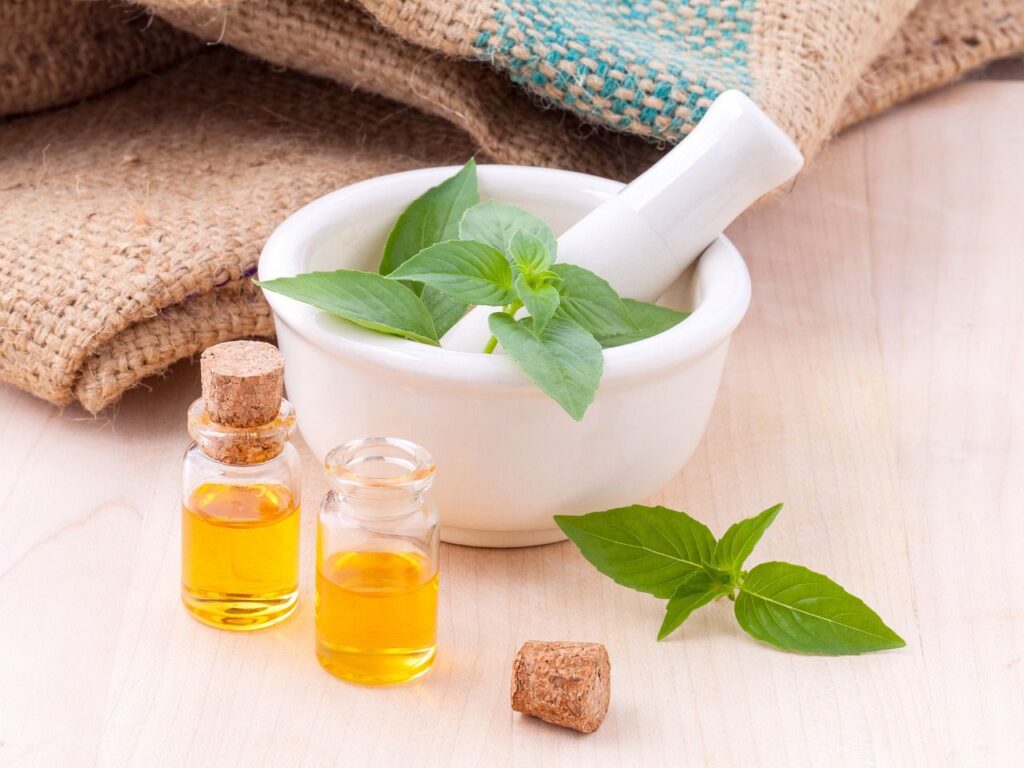
we all use oil in food preparing just like meat, chicken, egg etc not only non veg but also to fry vegetables for cooking roti we add slight oil so that it won’t burn out
From our great grandma time we preparing food with usage of oil
Is oil necessary for food preparation?
Answer is Yes below points shows why oil is necessary while preparing food
It prevents food from burning at high flame maintain moisture
As a good conductor of heat it prevent food to stick on pan or vessel
vitamins like A, D, E, and K, require fat for absorption. Adding oil to dishes can enhance the absorption of these nutrients.
But it also true if your food had already too much fat then avoiding oil preparation of food is also a good option but how
Below points help you to avoid oil in cooking
1. Add water or broth instead of oil while cooking in empty pan add little water use it like oil as a medium
2. Steam: Steaming is a healthy cooking method that preserves the natural flavors and nutrients of foods. You can use a steamer basket or a microwave-safe dish with a lid to steam vegetables, seafood, and other
3. Baking or Roasting: Baking or roasting vegetables, meats, and seafood in the oven can yield delicious results without the need for added oil.
4.Grilling is another healthy cooking method that adds flavor to foods without the need for oil. You can grill vegetables, meats, and seafood on an outdoor grill or a stovetop grill pan for a delicious and nutritious meal.
It also noted that our body need healthy fat so try to avoid oil if and only if your main food contains too much fat
Important key points to choose a healthy cooking oil
Smoke point:cooking methods like frying and sautéing, as oils that exceed their smoke points can produce harmful compounds.so while frying food use oil that has high smoke point only at fry items
Fat Composition: Look at the types of fats present in the oil. Opt for oils high in monounsaturated and polyunsaturated fats, such as olive oil, avocado oil, and canola oil. These fats are heart-healthy and can help lower bad cholesterol levels.
Omega Fatty Acids Ratio: Pay attention to the ratio of omega-3 to omega-6 fatty acids in the oil. While both are essential fatty acids, an imbalance in the ratio can contribute to inflammation and other health issues. Aim for oils with a balanced ratio, such as flaxseed oil or walnut oil.
Nutritional Content: Consider the nutritional content of the oil, including vitamin E and other antioxidants. These compounds help protect the oil from oxidation and can provide additional health benefits.
Processing method most matters:Choose oils that are minimally processed and undergo cold-press extraction methods. Cold-pressed oils retain more of their natural flavor and nutrients compared to oils that are refined using high heat and chemical solvents.
Most people prefer refined oil but it is nothing but colorless odorless nutrients less liquid or fat
Allergies and Sensitivities: Take into account any allergies or sensitivities you or your family members may have. For example, if you have a nut allergy, avoid using oils derived from nuts such as almond or walnut oil.
Then last point comes to flavor and aroma it not matter most but some people like good aroma then choose preferred one to avoid vomit sensation
What our research institutes say about cooking oil selection criteria
1. Harvard T.H. Chan School of Public Health: The Harvard T.H. Chan School of Public Health frequently publishes research on nutrition and health. Their website and publications often cover topics related to the health effects of different cooking oils, optimal fat intake, and recommendations for choosing healthy oils.
2. Stanford Medicine: Stanford University’s School of Medicine conducts research on various aspects of health and nutrition. Their publications may include studies on the impact of different cooking oils on heart health, inflammation, and other health outcomes.
3. University of California, Berkeley: The University of California, Berkeley, is known for its research in nutrition and food science. Their Department of Nutritional Sciences and Toxicology may have studies on the composition and health effects of different cooking oils.
4. University of Oxford: Oxford University’s research spans a wide range of topics, including nutrition and health. Their publications may include studies on the effects of cooking oils on cardiovascular health, metabolic syndrome, and other health conditions.
5. University of Cambridge: Like Oxford, the University of Cambridge conducts research on nutrition and health. Their Department of Public Health and Primary Care may have studies on the impact of cooking oils on chronic diseases and overall health.
This is all about what our modern science but what about our ancient ayurvedic science how we should opt cooking oil

According to Ayurveda, an ancient system of medicine originating from India, the choice of cooking oil can be influenced by an individual’s dosha, or unique constitution. Here’s a general guideline for selecting cooking oil based on dosha:
1. Vata Dosha: For individuals with a dominant vata dosha, it’s recommended to use warming and nourishing oils. Options include sesame oil, almond oil, and ghee (clarified butter). These oils help balance the cold and dry qualities of vata dosha and promote grounding and stability.
2. Pitta Dosha: Individuals with a dominant pitta dosha benefit from cooling and soothing oils. Suitable options include coconut oil, sunflower oil, and ghee. These oils help pacify the heat and intensity of pitta dosha and promote balance and harmony.
3. Kapha Dosha: Those with a dominant kapha dosha should opt for lighter and stimulating oils. Examples include mustard oil, corn oil, and flaxseed oil. These oils help counteract the heaviness and sluggishness associated with kapha dosha and promote energy and vitality.
It’s essential to note that individual constitution and imbalances can vary, and Ayurveda emphasizes the importance of personalized recommendations. Consulting with an Ayurvedic practitioner can provide tailored guidance on the best cooking oils and dietary choices based on your specific dosha and health needs.
Now our world health organization(WHO) rules to prefer a cooking oil
The World Health Organization (WHO) doesn’t provide specific recommendations on the ideal concentration of ingredients for cooking oil. However, they do offer guidelines on the types of fats that are considered healthier options. Based on WHO recommendations and other reputable health organizations, here are some general guidelines for a good cooking oil:
1. Monounsaturated Fats: Aim for cooking oils that are high in monounsaturated fats, such as olive oil, avocado oil, and canola oil. These fats have been shown to improve heart health by lowering bad cholesterol levels.
2. Polyunsaturated Fats: Include cooking oils that are rich in polyunsaturated fats, particularly omega-3 and omega-6 fatty acids. Examples include flaxseed oil, walnut oil, and soybean oil. These fats are essential for overall health and can help reduce inflammation in the body.
3. Saturated Fats: Limit the amount of cooking oil with high levels of saturated fats, such as coconut oil and palm oil. While these oils can withstand high heat and are suitable for certain cooking methods, excessive consumption may increase the risk of heart disease.
4. Trans Fats: Avoid cooking oils that contain trans fats, as they are known to raise bad cholesterol levels and increase the risk of heart disease. Check ingredient labels and opt for oils that are free from trans fats.
5. Antioxidants: Consider cooking oils that contain natural antioxidants, such as vitamin E and polyphenols. These compounds help protect the oil from oxidation and provide additional health benefits.
6. Processing Method: Choose cooking oils that are minimally processed and undergo cold-press extraction methods. Cold-pressed oils retain more of their natural flavor and nutrients compared to oils that are refined using high heat and chemical solvents.
This all about from scientific view and research base and ancient ayurvedic point of view on cooking oil from all above suggestion it is better to use naturally extracted regional oil to consume in food if food has too much fat content then avoid the oil in food preparation that’s all stay healthy stay happy
Please comment what you think which oil is healthy according to you and why